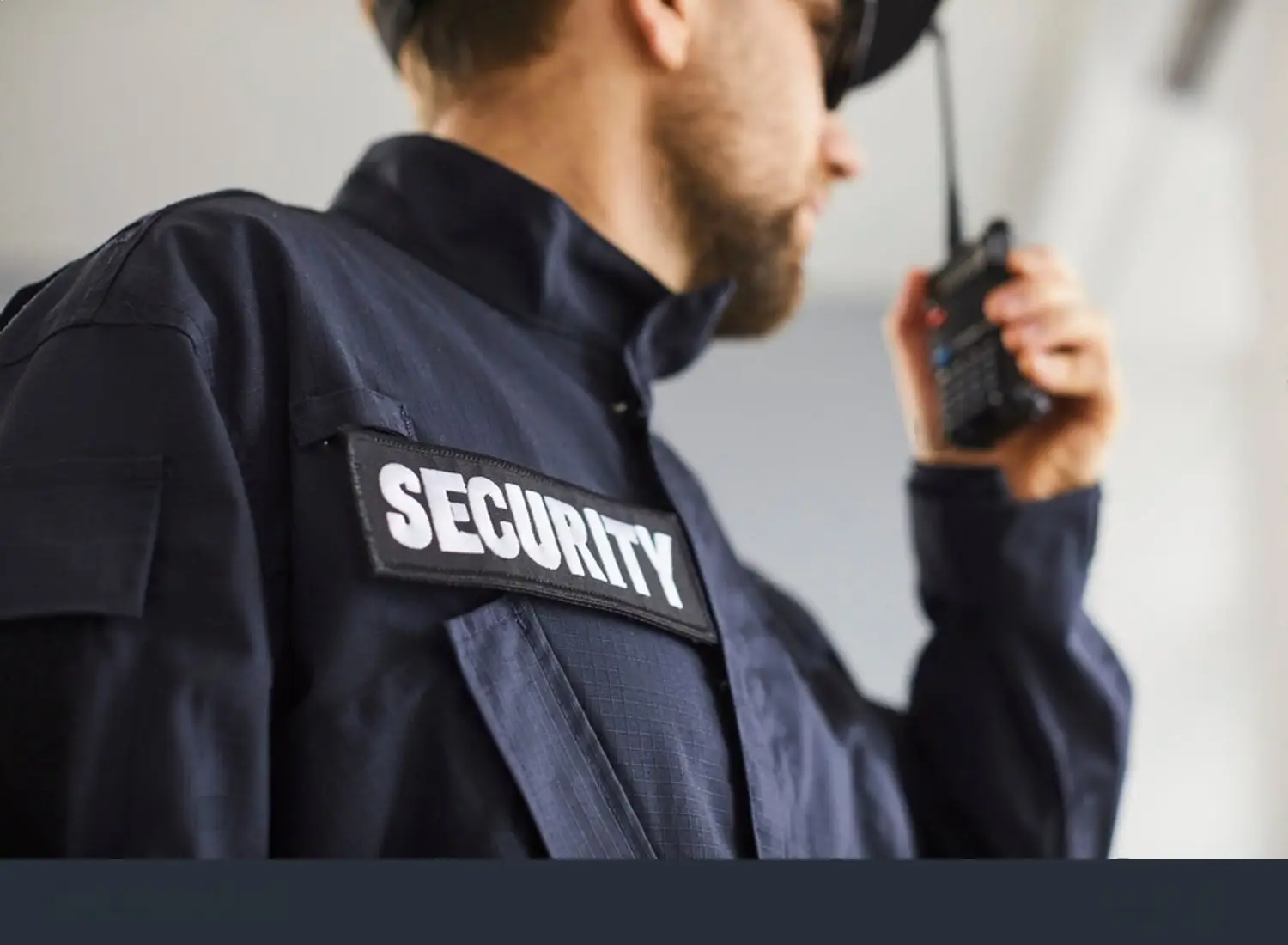
What Happens During an SIA Audit?
By London Security College Is Your Licence Near to Expire? SIA Refresher Training + First
Home » Can You Get an SIA Licence with a Criminal Record?
SIA Refresher Training + First Aid– Keep Your Licence Active! Only £199
If you have a criminal record and are considering applying for an SIA (Security Industry Authority) licence, you might be wondering whether your past convictions will affect your chances. The good news is that having a criminal record doesn’t automatically disqualify you—but the SIA will assess your background carefully to determine whether you are suitable for a role in the private security industry.
In this guide, we’ll break down how the SIA checks your criminal record, what factors they consider, and how you can find out if you’re eligible before applying.
Before submitting your application, you can use the SIA Criminal Record Indicator to get an idea of whether your past offences may prevent you from getting a licence.
🔎 What is it?
The Criminal Record Indicator is an online tool that follows the same process the SIA licensing team uses when assessing applicants.
⚠️ Important Note:
The result from the indicator does not guarantee approval or rejection. It is just an estimate based on the information you enter. The final decision is made after the SIA conducts its full background check.
When you apply for an SIA licence, the SIA sends a ‘disclosure request’ to one of the following agencies based on where you have lived:
✅ Access Northern Ireland (AccessNI) – For applicants who live or have lived in Northern Ireland or the Republic of Ireland in the past 5 years.
✅ Disclosure and Barring Service (DBS) – For applicants who live in England, Wales, or outside the UK.
✅ Disclosure Scotland – For applicants who live in Scotland.
🌍 Overseas Criminal Record Checks
If you have lived outside the UK for six continuous months or more in the last five years, you must provide a criminal record check from that country.
If you are unable to get an official record due to a collapsed government, personal safety risks, or refugee status, the SIA may allow you to provide alternative documents, including:
The SIA assesses whether your past offences pose a risk to public safety or indicate dishonest behaviour.
📌 Key Factors They Consider:
✔️ Relevance to security work – Crimes like violence, fraud, or dishonesty raise concerns.
✔️ How recent the offence was – Older convictions may have less impact than recent ones.
✔️ Severity of the punishment – A fine might not disqualify you, but a prison sentence might.
✔️ Repeated offences – Multiple convictions over time may indicate a pattern of behaviour.
❌ Offences That Could Affect Your Application
These categories of offences are more likely to result in refusal:
🔴 Serious offences like sexual crimes or terrorism convictions will likely lead to automatic refusal.
📍 Spent Convictions
Most criminal records become ‘spent’ after a certain time, meaning you no longer have to disclose them in most job applications. However, the SIA is legally allowed to consider spent convictions when assessing an applicant’s suitability.
⚖️ Outstanding Charges & Ongoing Investigations
If you have pending criminal charges, you must declare them. The SIA may delay your application until the court reaches a decision. If the case remains unresolved after one year, the application will be withdrawn.
⚔️ Conflict-Related Offences in Northern Ireland
If you have a conviction related to the Northern Ireland conflict (1969–1998), the SIA follows special guidance. You will have 21 days to inform them that your conviction is conflict-related, and they will verify this with the Northern Ireland Courts and Tribunal Service (NICTS).
If the SIA proposes to refuse your licence due to your criminal record, you will receive a letter explaining the reason.
✉️ Your Options:
1️⃣ Provide additional information – You may be able to submit further evidence to support your case.
2️⃣ Wait for your record to become ‘older’ – If your offences are recent, waiting a few years and reapplying may improve your chances.
3️⃣ Appeal the decision – If you believe the SIA made an error, you can challenge the decision through their official appeal process.
✅ If your criminal record contains minor, old, or non-violent offences, you may still be approved.
❌ If your record includes recent, serious, or repeated offences, your application may be refused.
The best way to check your eligibility is to use the SIA Criminal Record Indicator before applying.
🔎 Want to read the full details? Check out the official UK government guide: Check if you can get an SIA licence with a criminal record.
👉 Final Tip: If you have concerns, it might be worth consulting a legal professional or contacting the SIA directly before applying

By London Security College Is Your Licence Near to Expire? SIA Refresher Training + First

By London Security College Is Your Licence Near to Expire? SIA Refresher Training + First

By London Security College Is Your Licence Near to Expire? SIA Refresher Training + First

By London Security College Is Your Licence Near to Expire? SIA Refresher Training + First
London| Birmingham| Manchester | Leeds | Glasgow | Sheffield
London Security College is the leading supplier of SIA Licence courses in London. We excel in SIA Courses such as SIA Door Supervisor Course, SIA Top Up Training, SIA CCTV Surveillance Course, First Aid Courses, Traffic Marshal Banksman Course Online, and Forklift Training Course.
“It is impossible for a man to learn what he thinks he already knows”
London Security College
International House,
24 Holborn Viaduct,
London, EC1A 2BN
020 8050 4108
Copyright © LONDON SECURITY COLLEGE is a training and hiring platform

Fill in the form below